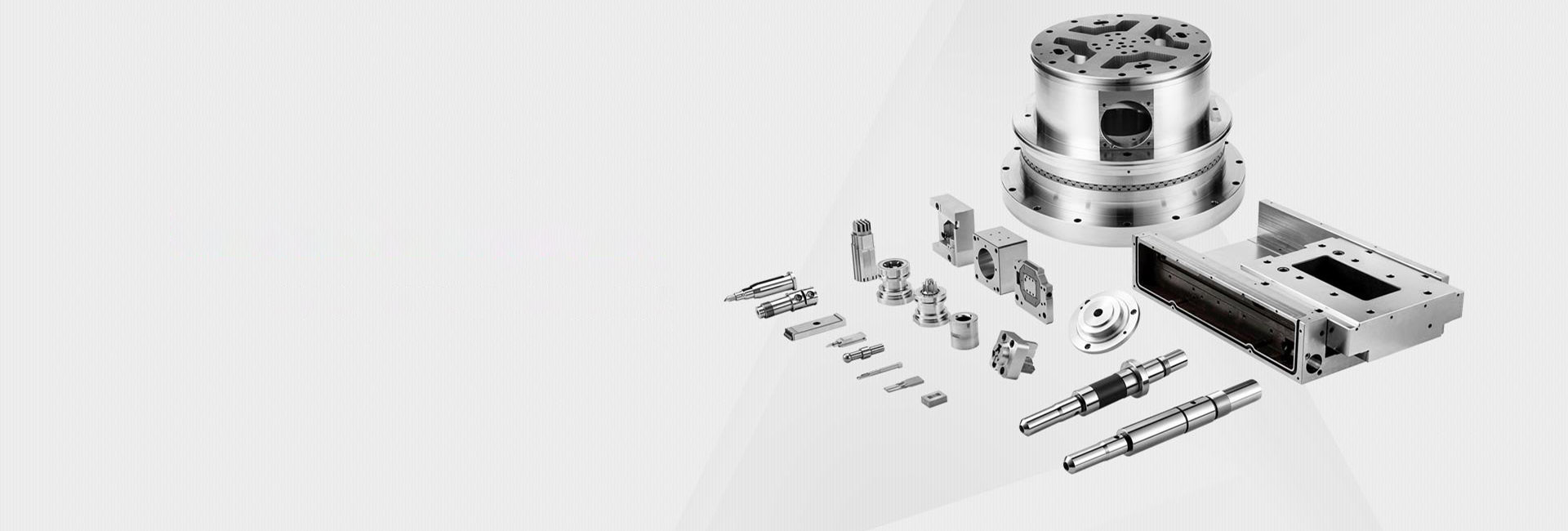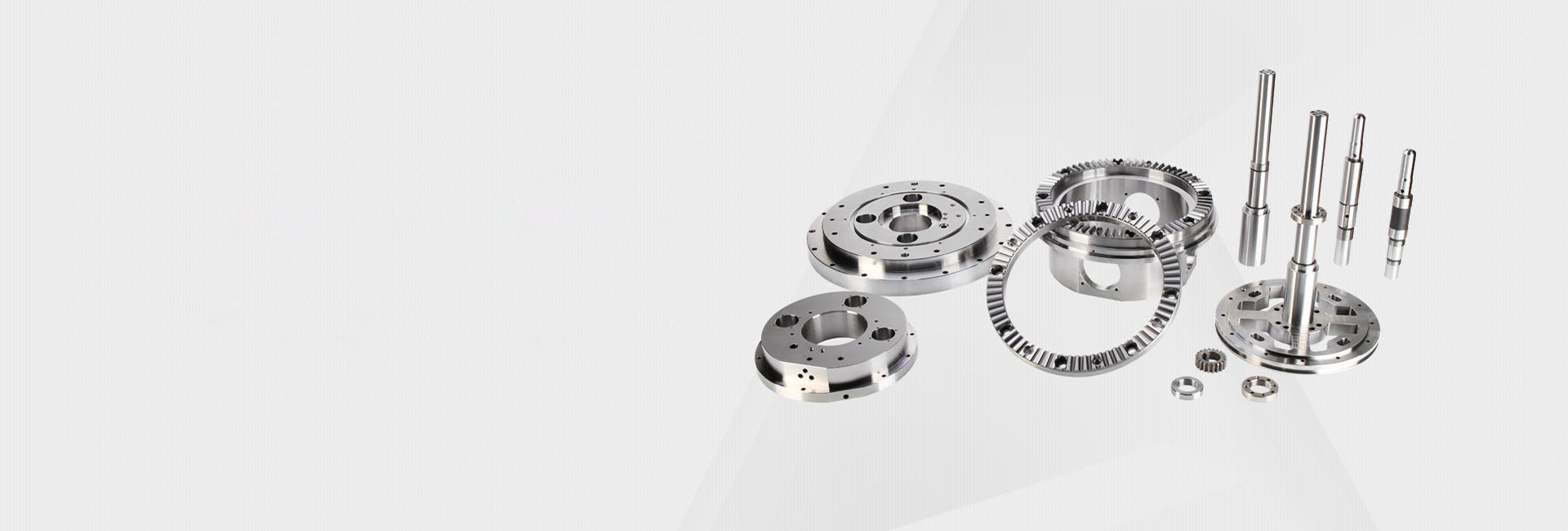How Much Does Drum Wheel CNC Machining Generally Cost? A Practical Pricing Guide
Hey there, fellow engineers and procurement managers! 😤 Ever get stuck when you need a quick quote for a drum wheel CNC machining project? You know the part is crucial, but the price quotes you receive are all over the place. One supplier says one thing, another says something completely different. It's frustrating, right? Let's cut through the noise and break down what *really* goes into the cost of CNC machining a drum wheel.
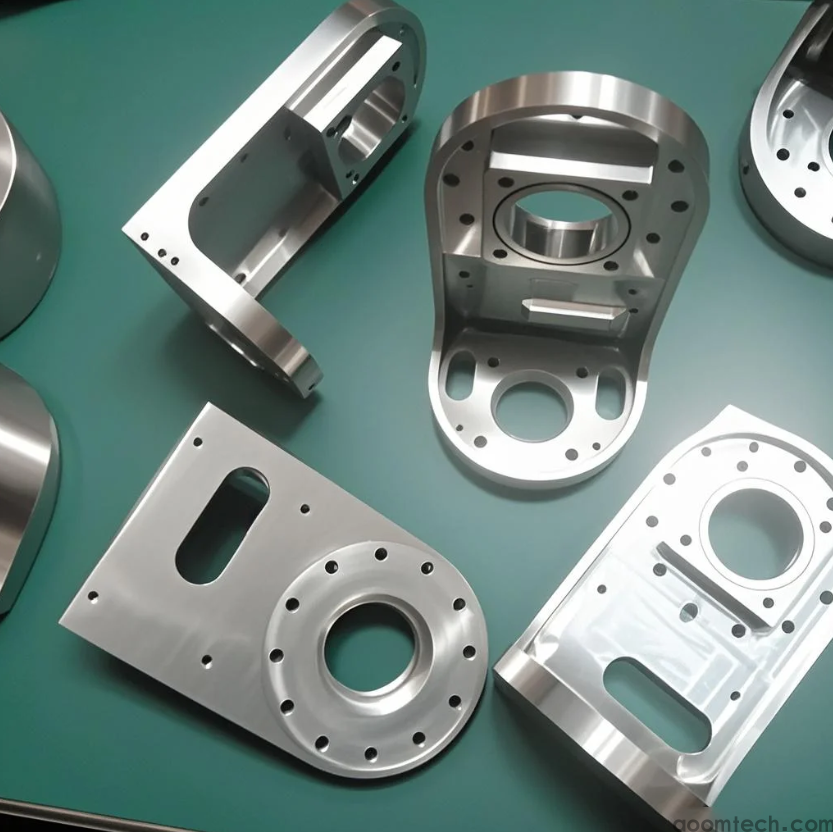
🤔 So, How Much Does It Actually Cost?
Let's tackle the big question right away. There's no single number, but for a standard-sized, moderately complex aluminum drum wheel, you might be looking at a range of **$150 to $500 per unit** for a small batch. However, this can swing dramatically. A simple, small-volume job could start under $100, while a large, complex, high-precision part in a tough material could easily run into thousands of dollars. The final price is a puzzle made up of several key pieces.
📌 The Big 4 Factors That Shape Your Final Bill
Think of cost as a recipe. These are the main ingredients that determine the final flavor of your invoice.
1. Material Choice: It's All About the Raw Stuff
This is often the biggest chunk. An aluminum drum wheel will be far more budget-friendly than one made from stainless steel or titanium. Why? The raw material cost, and also how long it takes to cut through it. Tougher materials wear out tools faster and take more machine time.
2. Design & Complexity: Keep It Simple, Smart
Does your drum wheel have simple grooves, or intricate patterns and deep internal channels? Every extra cut, every tight corner, and every super-smooth surface finish adds time. More machine time directly equals more cost. A straightforward design is your best friend for keeping costs down.
3. Quantity Matters: The Power of Volume
Ordering one piece is expensive because of the setup time. Ordering a hundred pieces spreads that initial cost thin. The cost per part drops significantly with volume. We're talking about the magic of economies of scale here.
4. The Supplier's Overhead & Expertise
This is a tricky one. A shop with brand-new, high-end machines and expert engineers might charge more. But you're often paying for reliability, quality control, and fewer headaches. A cheaper shop might cut corners. The specific mechanism of how shop overhead translates to your final quote is something I'm still piecing together, but experience tells me you often get what you pay for.
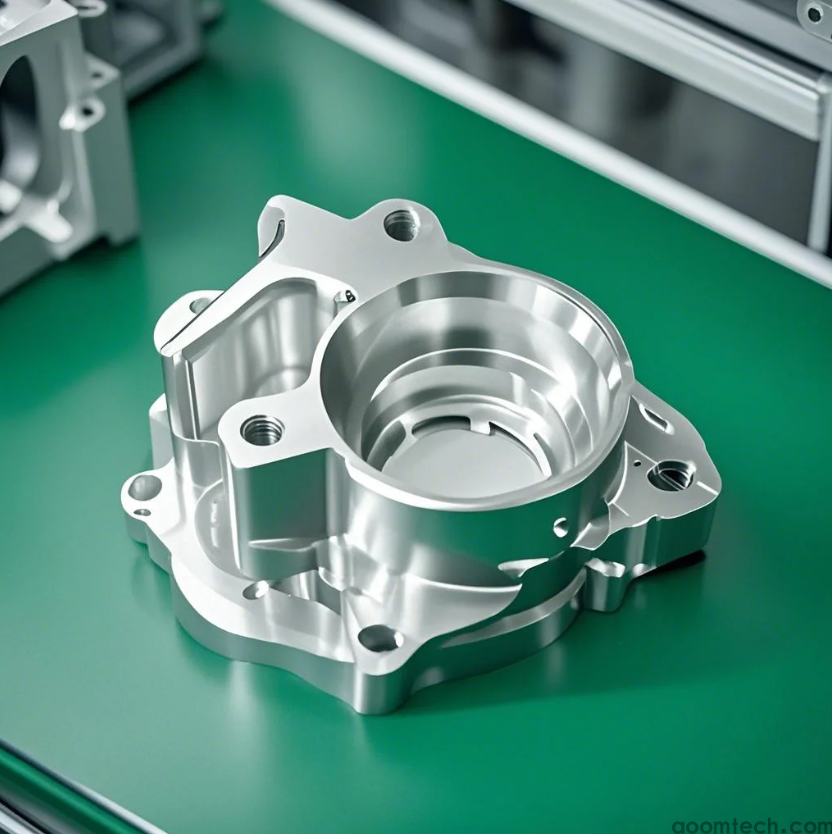
💡 A Peek Behind the Scenes: The "Hidden" Costs
Beyond the obvious, here's what else might be in the fine print.
- Setup and Programming Time: Before the machine even starts, an engineer has to program the tool paths. This is a one-time fee, but it's there.
- Tooling Wear and Tear: Cutting metal blunts tools. The cost of replacing them is factored into your price.
- Post-Processing: Does your drum wheel need anodizing, sandblasting, or special packaging? Each of these is an extra step and an extra cost.
🎯 My Take: How to Get the Best Value for Your Money
From my chats with various shop owners, the key isn't always finding the absolute lowest price. It's about clear communication. When you request a quote, provide a super-clear drawing, specify the material and quantity upfront, and discuss your tolerance requirements. Being upfront about your budget can also help the supplier suggest alternatives. A good partnership here can save you a ton. However, it's crucial to remember that a very low bid might be a red flag, potentially indicating compromises on material quality or precision.
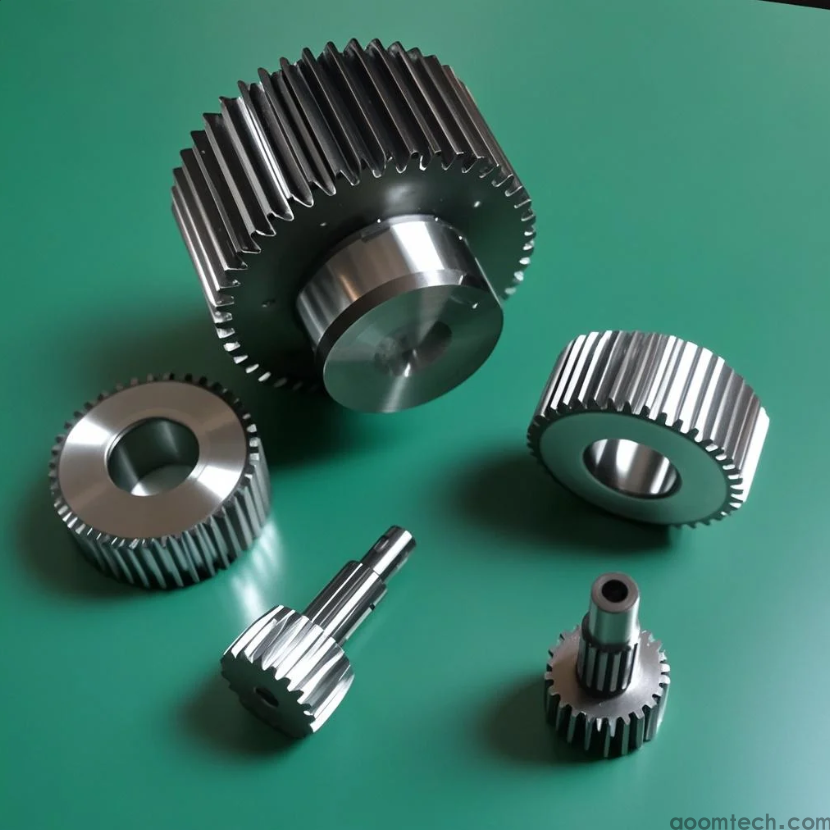
🚀 Your Action Plan for the Next Quote
So, what should you do now? Don't just ask "How much for a drum wheel?" Instead, prepare a small package: a 3D model or detailed drawing, your preferred material, the quantity you need, and any special surface finish requirements. Send this to a few reputable suppliers. Comparing these detailed quotes will give you the clearest, most realistic picture of your project's cost. This approach perhaps suggests that a well-prepared request leads to more accurate and competitive pricing.
Hope this helps you navigate your next procurement with more confidence! 👍
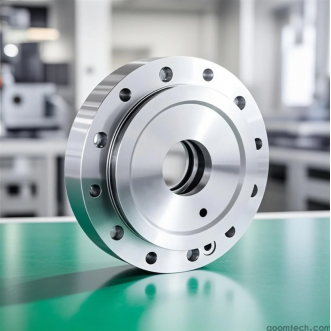 How to Find Reliable CNC Machi
How to Find Reliable CNC Machi
 How to Find Reliable CNC Machi
How to Find Reliable CNC Machi
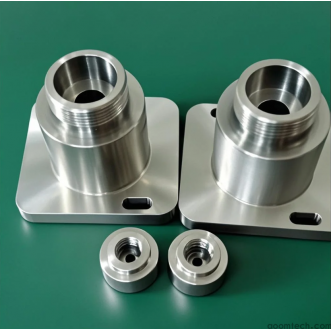 How Much Does Small Batch CNC
How Much Does Small Batch CNC
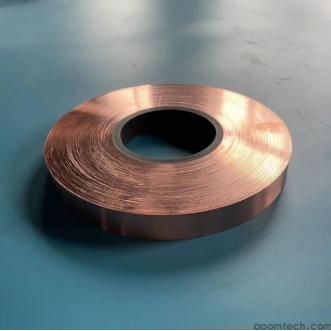 How to Prevent Deformation in
How to Prevent Deformation in

